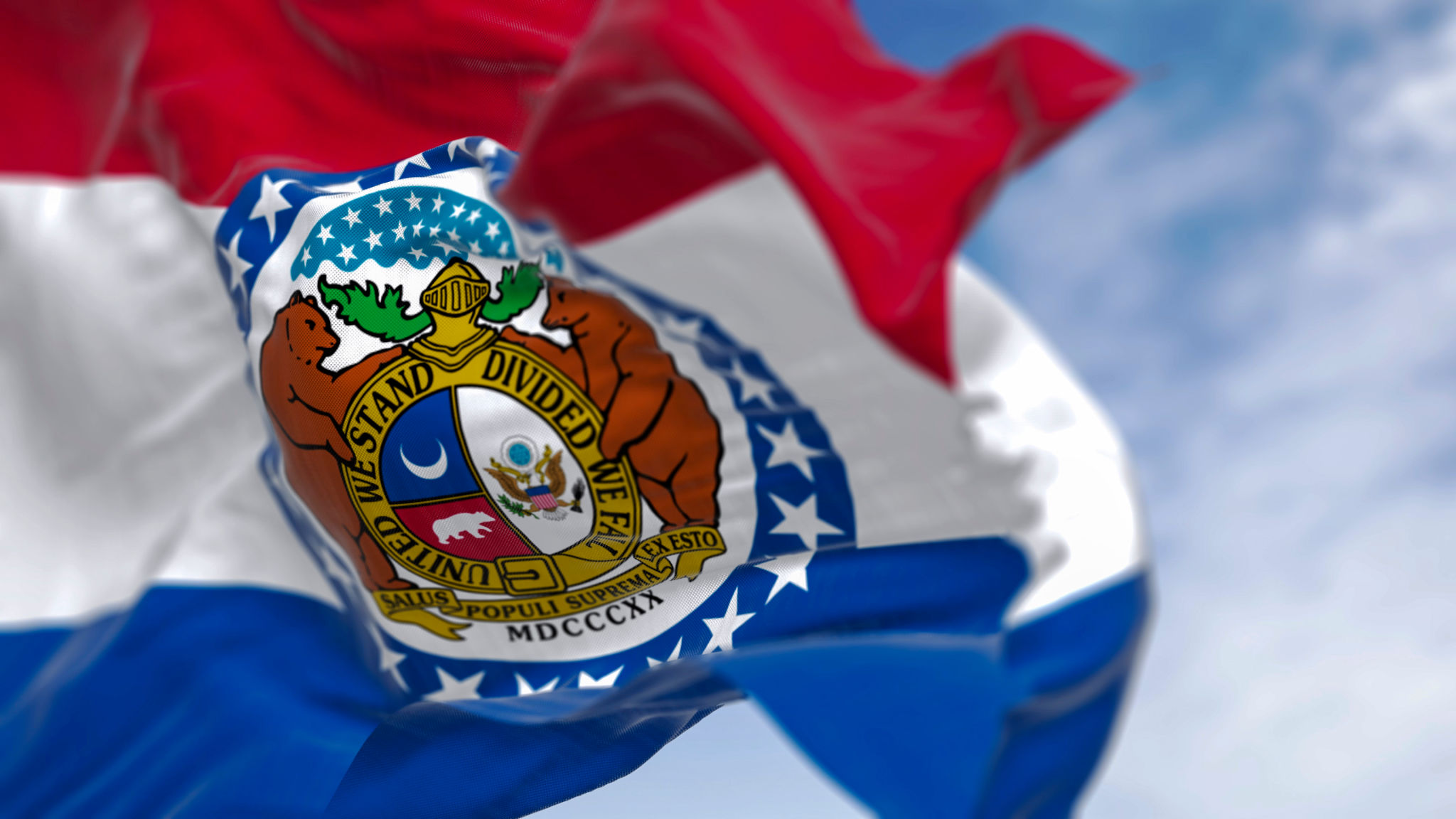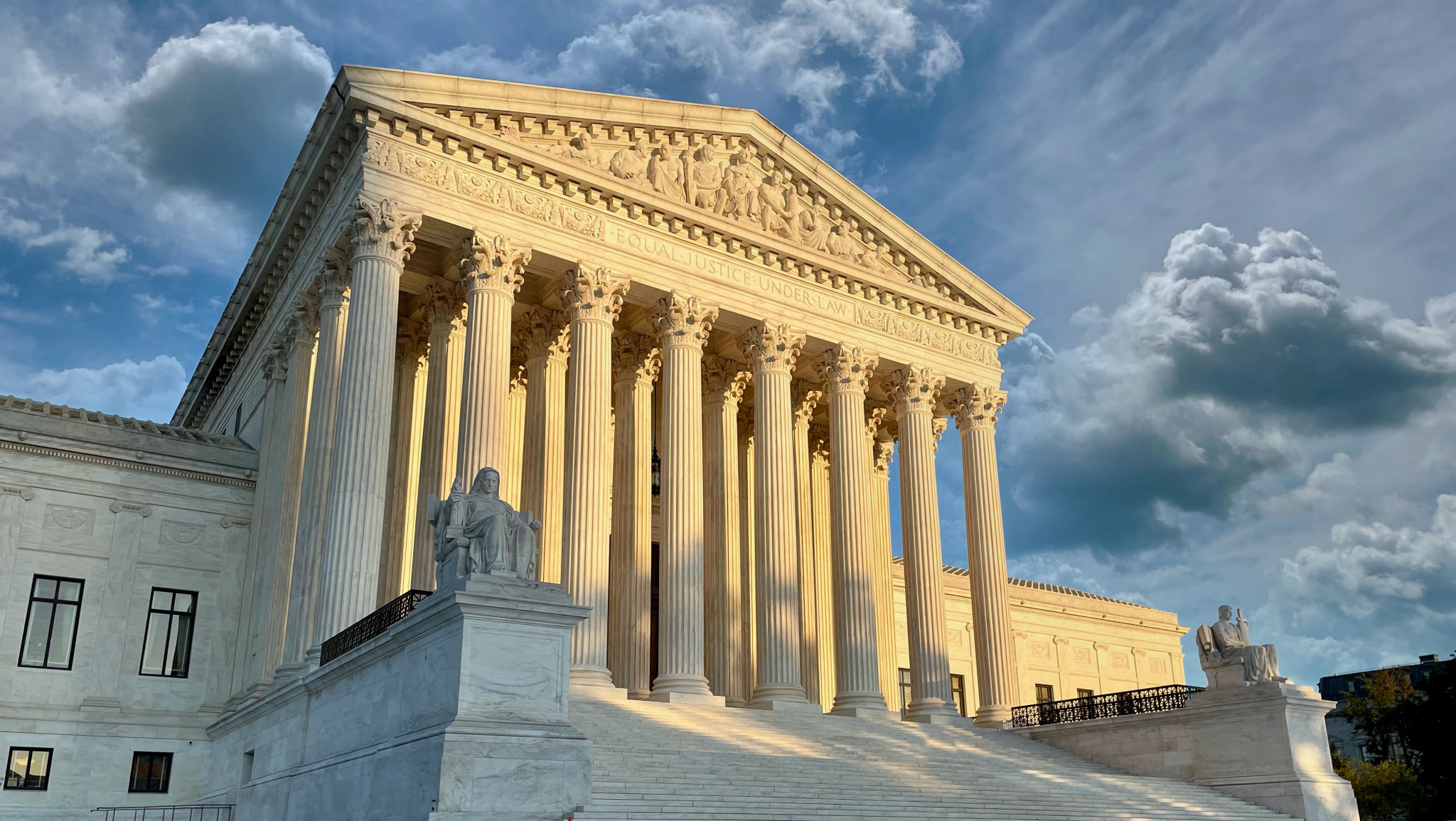Understanding the Supreme Court's Role in Tribal Travel Rights
Understanding the Supreme Court's Role in Tribal Travel Rights
In recent years, the topic of tribal travel rights has gained significant attention, especially as it pertains to the relationship between Native American tribes and the United States government. The Supreme Court plays a crucial role in interpreting and adjudicating matters related to these rights. This blog post explores how the Supreme Court impacts tribal travel rights and what it means for Native American communities.
The Legal Foundation of Tribal Sovereignty
To understand the Supreme Court’s role, it is essential to first comprehend the concept of tribal sovereignty. Tribal sovereignty refers to the inherent authority of indigenous tribes to govern themselves within the borders of the United States. This sovereignty is recognized by the U.S. Constitution and numerous treaties, which affirm the tribes' rights to self-determination and self-governance.
However, tribal sovereignty is not absolute and often intersects with federal and state laws. The Supreme Court frequently steps in to resolve disputes when conflicts arise between these jurisdictions. In many cases, their rulings either reinforce or limit the extent of tribal sovereignty, directly impacting tribal travel rights.

Key Cases Impacting Tribal Travel Rights
Over the years, several landmark Supreme Court cases have shaped the landscape of tribal travel rights. One such case is McGirt v. Oklahoma (2020), where the Court upheld that much of eastern Oklahoma remains a Native American reservation. This decision has significant implications for jurisdictional authority and tribal travel rights within those areas.
Another pivotal case is Worcester v. Georgia (1832), which established that states do not have jurisdiction over Native American lands. This ruling reinforced tribal sovereignty and underscored the federal government's responsibility to uphold treaty obligations concerning travel and other rights.

Challenges in Balancing Sovereignty and Federal Oversight
The Supreme Court often faces the challenge of balancing tribal sovereignty with federal oversight. While tribes have the right to govern themselves, federal laws sometimes impose restrictions on certain activities, including travel. For example, issues arise when states attempt to regulate transportation or impose taxes on goods transported across reservations.
These conflicts necessitate a nuanced approach by the Supreme Court, which must consider both treaty obligations and contemporary legal standards. The decisions made by the Court not only affect immediate legal outcomes but also set precedents that influence future cases involving tribal travel rights.

The Impact on Native American Communities
The Supreme Court's decisions on tribal travel rights have profound implications for Native American communities. When rulings favor tribal sovereignty, they empower tribes to exercise greater control over their lands and resources. This autonomy can lead to increased economic opportunities and improved infrastructure within reservations.
Conversely, decisions that limit tribal rights can result in increased federal or state intervention, potentially hindering economic development and self-sufficiency. Understanding these dynamics is crucial for policymakers and advocates working towards equitable solutions for indigenous peoples.
Looking Towards the Future
As legal challenges continue to emerge, the Supreme Court will remain a pivotal arena for addressing issues related to tribal travel rights. Future rulings will likely delve into complex questions of jurisdiction, treaty interpretation, and the modern-day implications of tribal sovereignty.
For Native American tribes, staying informed about these developments is essential for safeguarding their rights and advocating for their communities' interests. Engaging in dialogue with lawmakers and participating in legal processes can help ensure that their voices are heard in matters that affect their sovereignty and travel rights.

In conclusion, understanding the Supreme Court's role in tribal travel rights involves exploring historical contexts, legal precedents, and ongoing challenges. As these issues continue to evolve, it is imperative for all stakeholders to recognize the significance of tribal sovereignty and work towards solutions that honor treaty obligations while promoting justice and equity for indigenous communities.